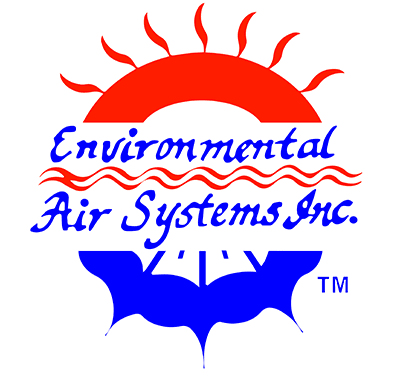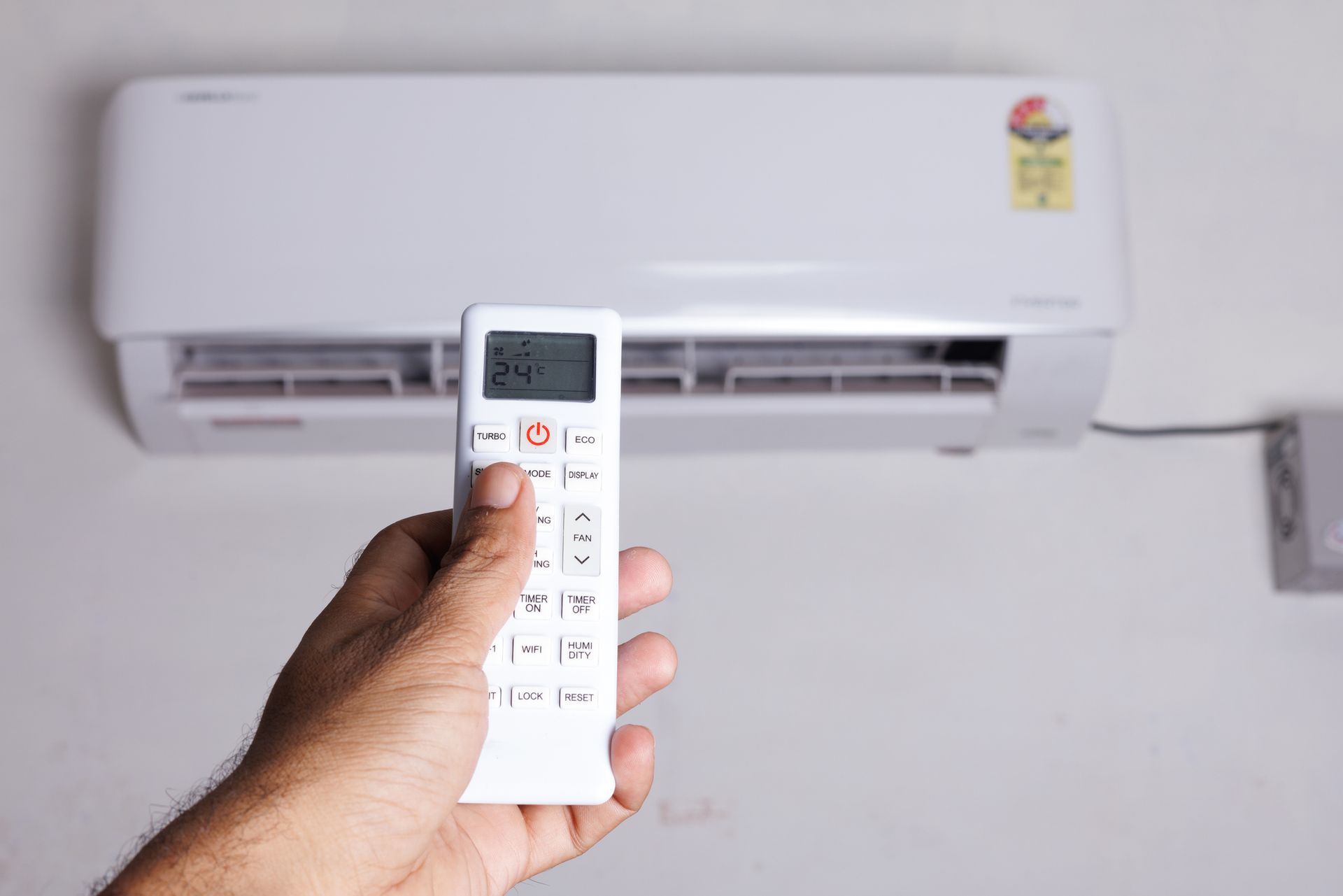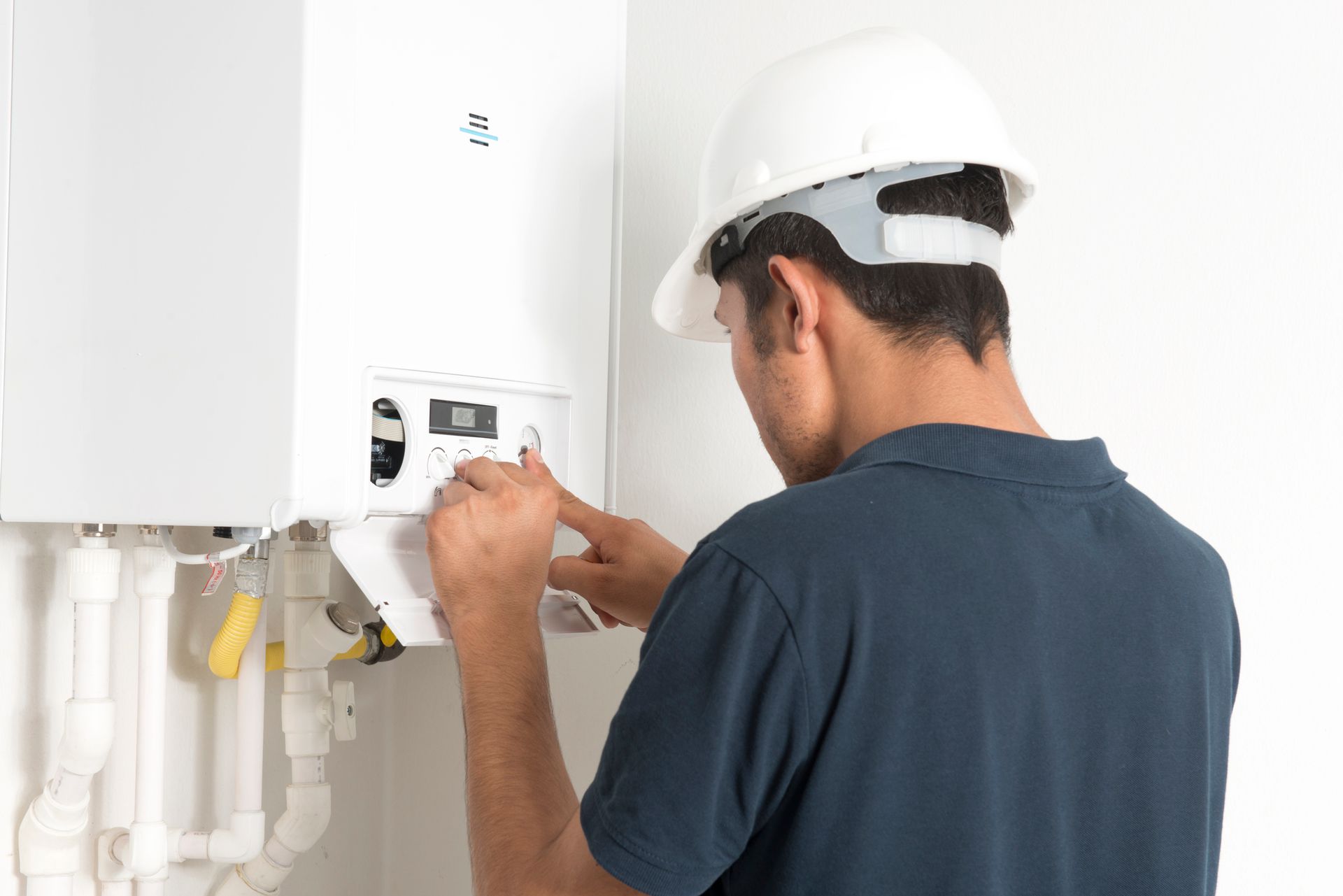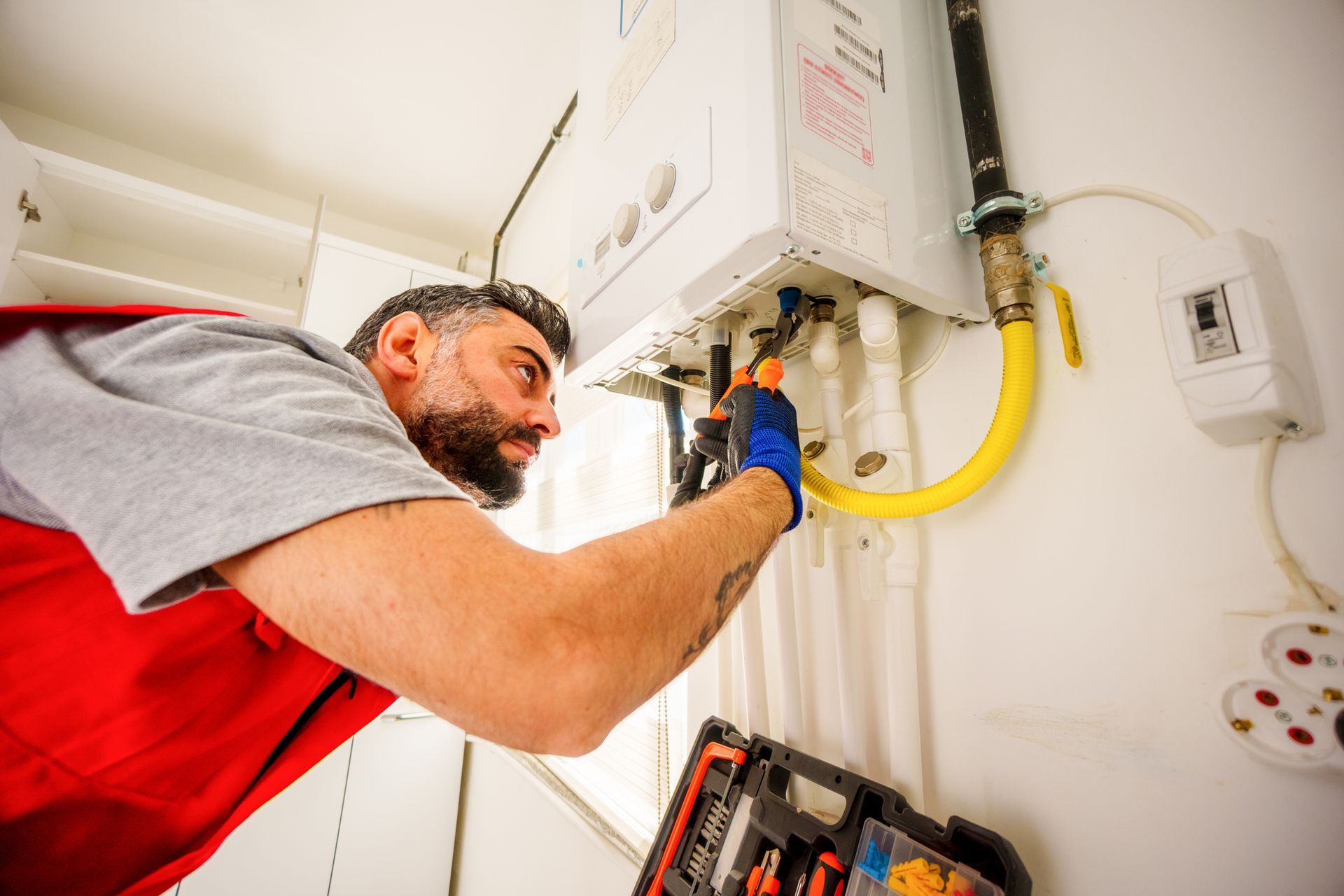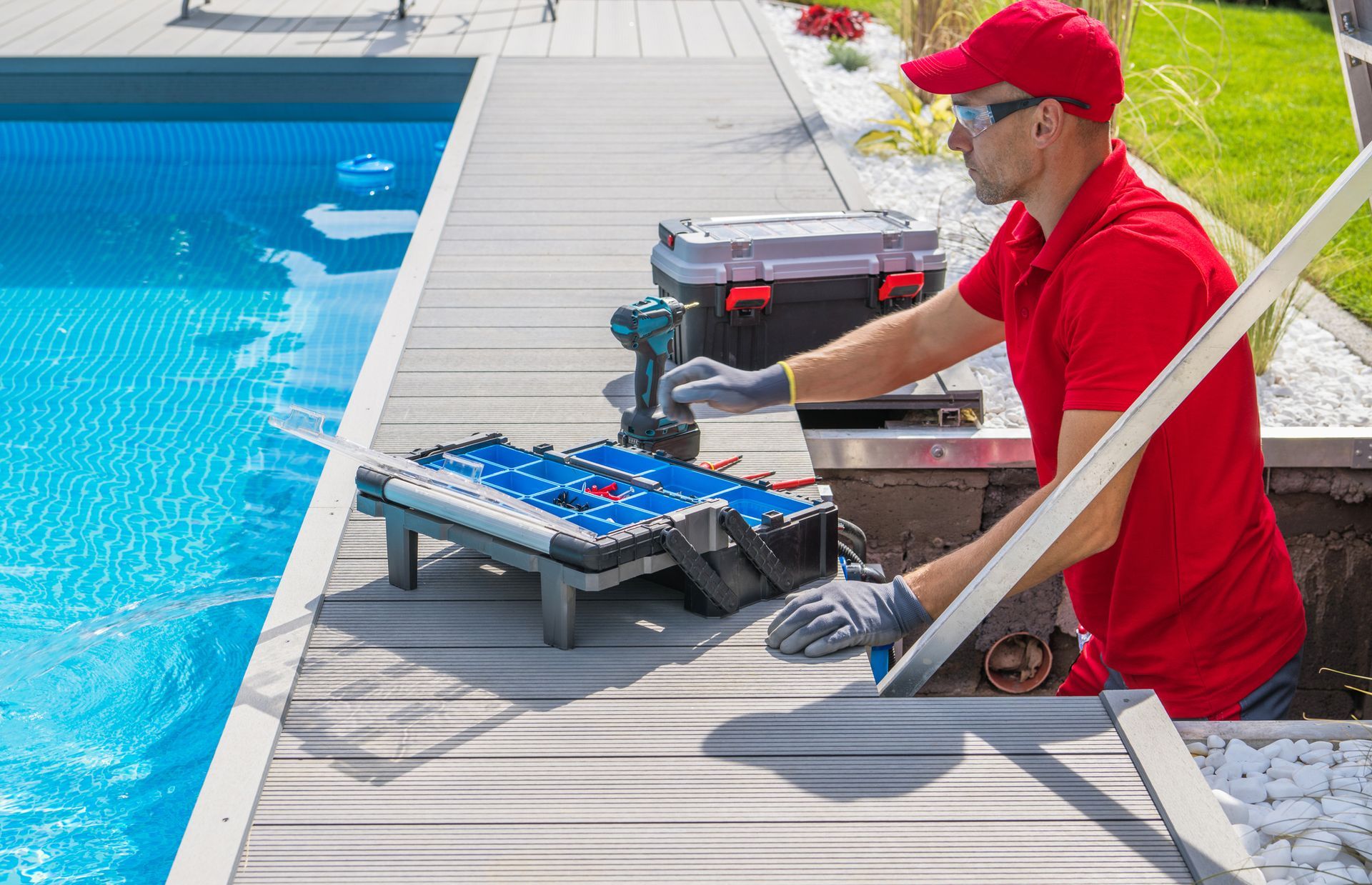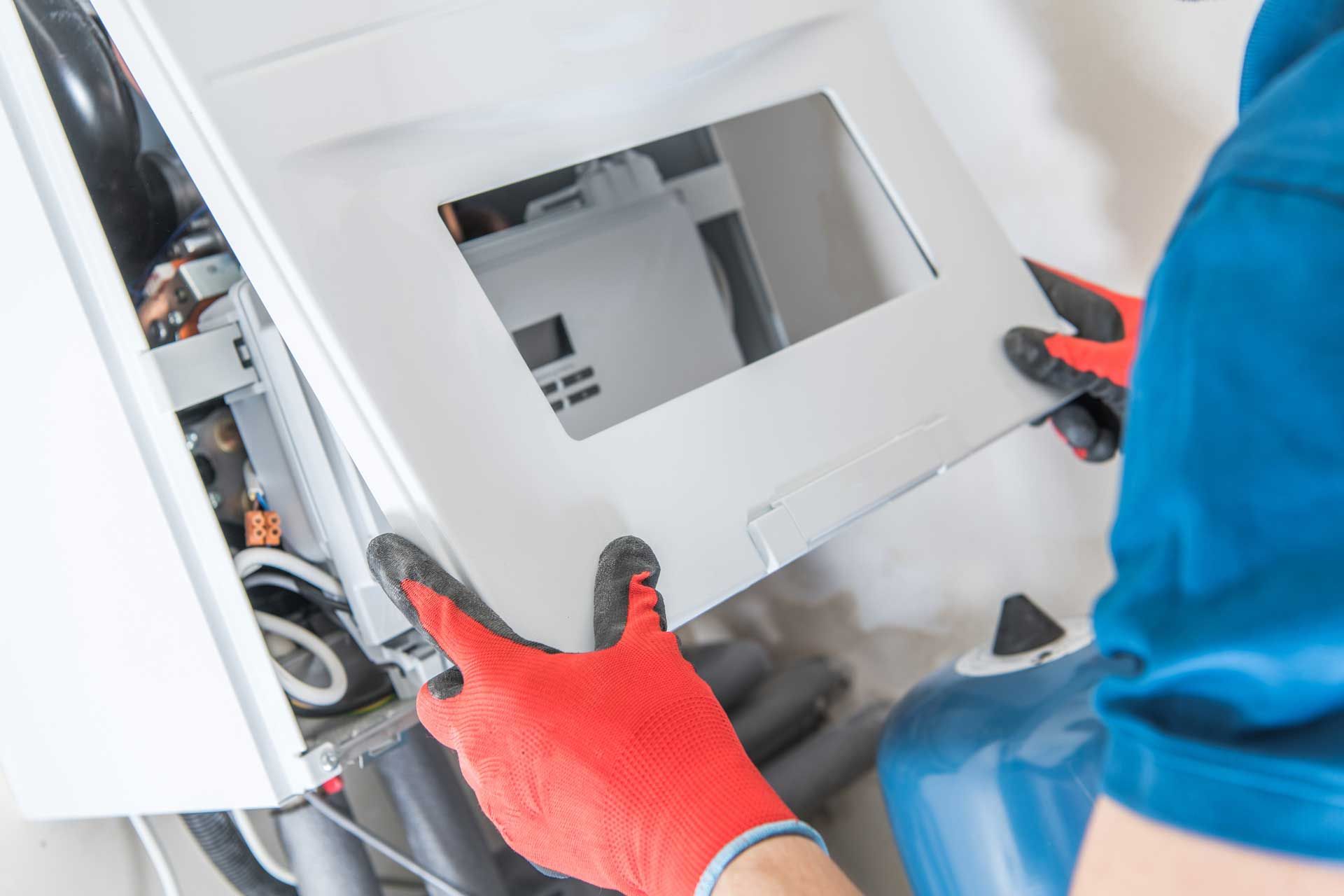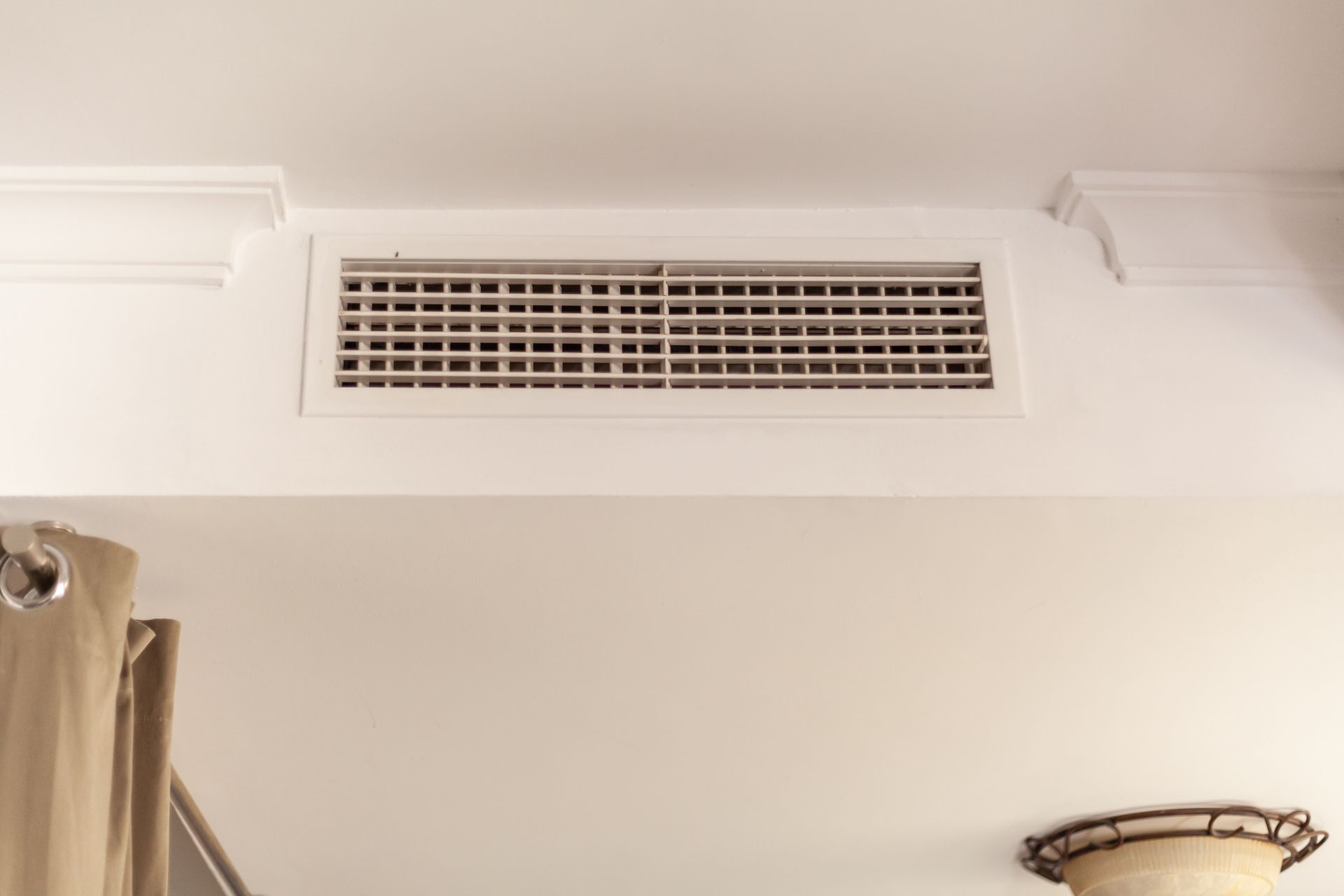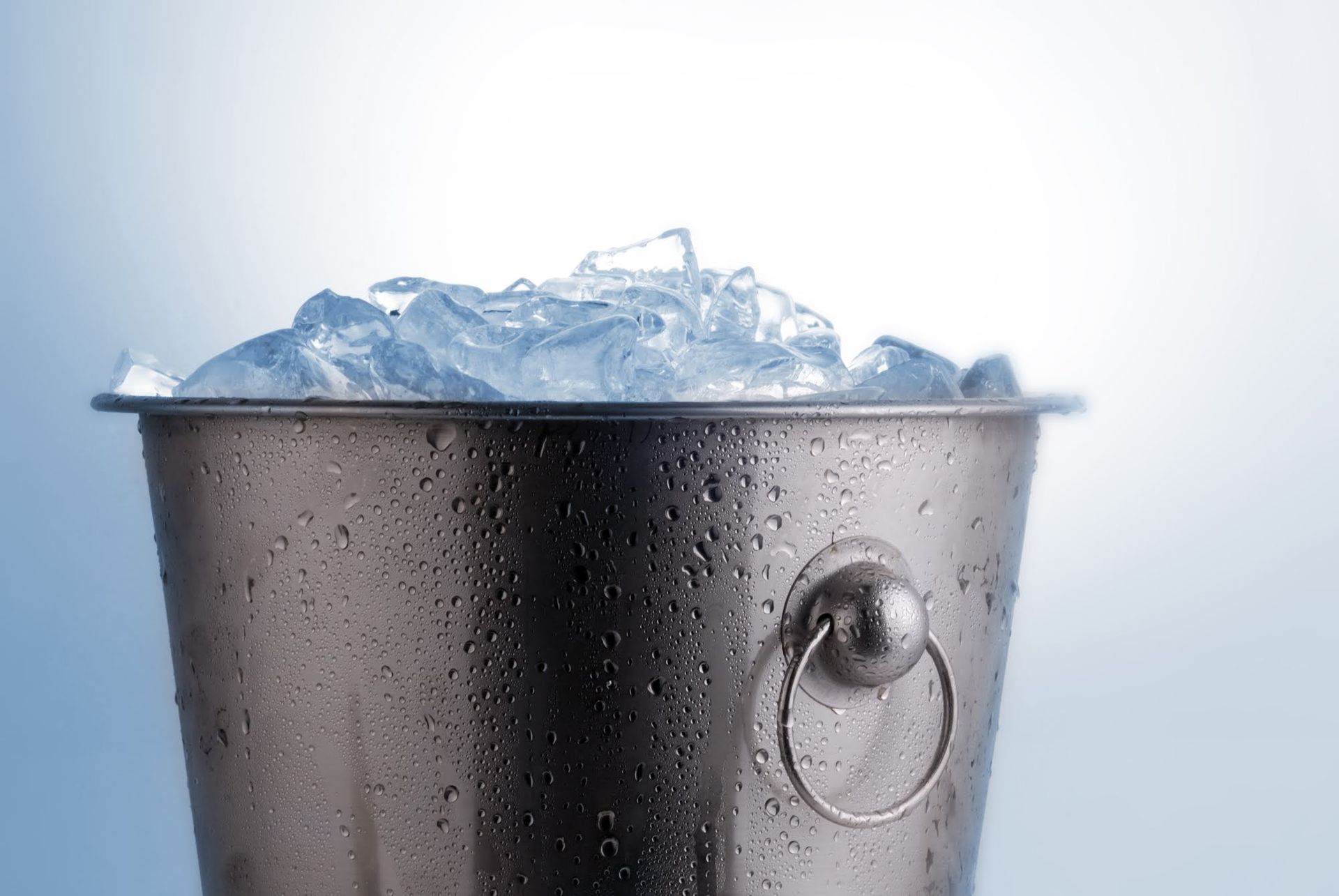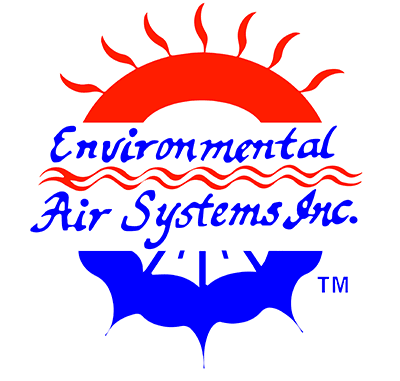Common HVAC Problems and How to Fix Them
If you are like most homeowners, you likely never think about your HVAC equipment until you find yourself sweating in a sweltering room or dealing with uneven room temperatures. A well-functioning HVAC system is vital for the comfort of your home. Therefore, you must be keen on HVAC maintenance.
Fix HVAC problems as soon as possible if you want to avoid a situation where your HVAC breaks down when you need it the most. This article explores common HVAC problems you may encounter and how to repair them before they cause a system breakdown.
Malfunctioning Thermostat
Your HVAC's thermostat regulates your HVAC's heating and cooling, maintaining comfortable indoor temperatures. Once you set the desired temperature on your thermostat, it ensures your HVAC does not lower or increase indoor temperatures beyond the set limit.
An obvious thermostat malfunction is if your thermostat setting does not match the room temperature. You may also want to check your thermostat if your HVAC doesn't turn on or keeps cycling. Note that this may also be a sign of other challenges in the system, so it is important to have everything checked.
When you suspect a thermostat malfunction, first check the settings to ensure they are correct. If your thermostat runs on batteries, a battery change may resolve malfunctions.
Dirty Filters
If you never change the air filters on your AC, dirt and debris accumulate and compromise your HVAC. If your air filters get dirty quickly, consider replacing them with filters with a higher minimum efficiency reporting value (MERV) rating and replacing them more often.
A MERV rating indicates the effectiveness of air filters in blocking particles from getting into the HVAC. Still, not all highly rated filters will work on your HVAC. If a filter has smaller pores than recommended for your HVAC, it restricts airflow.
Change your air filters regularly to keep dirt and debris from blocking your HVAC system. Have your HVAC technician clean out your HVAC and ductwork to remove accumulated debris if it has been a while since you swapped out your filters.
Refrigerant Leaks
Refrigerant helps with your HVAC's cooling function. Therefore, your air conditioner cannot cool your home effectively without adequate refrigerant. With time, the refrigerant levels in your HVAC decrease, and if you do not replenish the refrigerant, your HVAC may fail.
However, sometimes low refrigerant levels result from leaks in the system. Corrosion that causes small holes in your HVAC may cause refrigerant leaks. Wear and tear on the seals in your HVAC is also common if you have an old HVAC.
Signs of an HVAC refrigerant leak include hissing sounds, higher indoor humidity levels, and a longer cooling time. The only way to prevent HVAC leaks is to have regular HVAC inspections.
During inspections, your HVAC technician replaces worn metal parts and seals that are potential sources of refrigerant leaks. The technician also replenishes refrigerant levels in your HVAC to keep it working efficiently.
Water Leaks
HVACs produce condensate as they remove humidity from your home. The condensate moves through a drain, which takes it away from your HVAC system and out of your home. When the drain pipes in your HVAC have a clog, the condensate starts leaking and forms puddles near your unit.
Unresolved water leaks encourage mold growth and cause water damage to your unit. Leaks may also destroy your HVAC's electrical system.
Try cleaning your HVAC's drain pipes to remove blockages. If that does not resolve the water leaks, have your HVAC technician inspect your unit to identify the source of the leak.
HVAC problems are frustrating to deal with, especially when you are not a fan of DIY solutions. Luckily, you can count on Environmental Air Systems, Inc., to resolve all your HVAC problems in Houston. Contact us today to book an appointment with our HVAC technicians.

